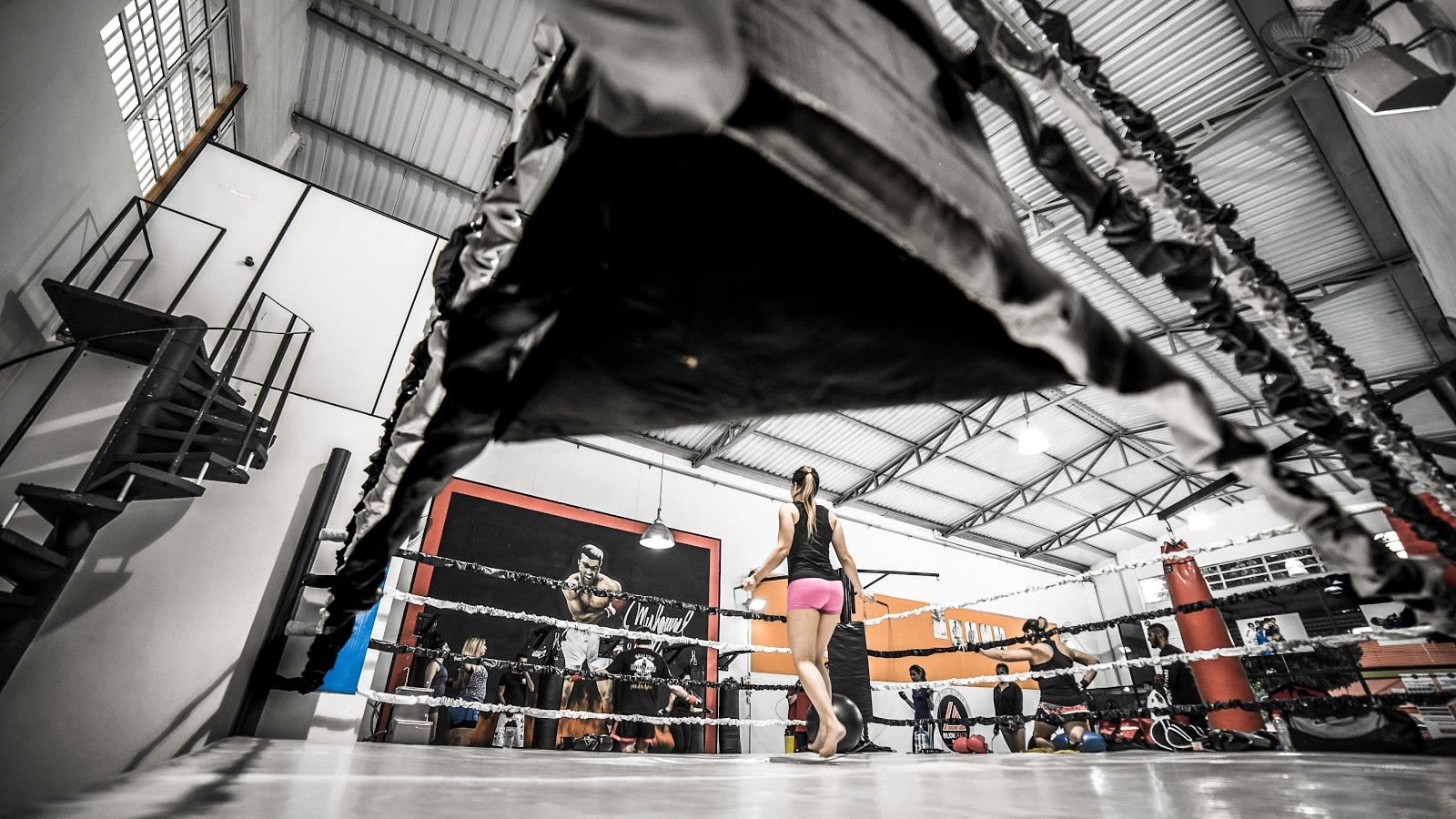
In sport we measure and stack up athletes according to their attributes. This has been the case ever since athletes came into prominence with the first Olympic Games in 1896. All you have to do is look at the Olympic motto to see this, “Citius, Altius, Fortius” which is Latin for “Faster, Higher, Stronger”. This has been drummed into coaches’ and athletes’ minds ever since.
The rise of the internet has made coaching and programming of sessions simple. A professional coach on a high salary can create a program for a team and/or athlete that helps make them fantastic. Within a week or a month, that program is online for anyone to see. It becomes the latest craze. You at home, an international football coach, a local coach on a remote island, a start-up coach in a tiny village 200 miles from the nearest town. All have easy and instant access to this information.

This means that anyone can now succeed when it comes down to the day-to day aspects of coaching. Tablet in hand, downloadable program, ability to coach and understand basic skills, you are good to go! Go to any coach and ask them how to make someone faster? All can answer; hill sprints, box jumps, band work. How do you make someone stronger? All can answer; resistance training, squats, deadlifts, bench press. Coaches automatically default to them. These are black and white, they are measurable. But what about the grey, what about the aspects that are not measurable?

If all coaches have access to the same information, how does one become a great coach? Where is the differentiating factor?Here lies the secret, it is within the grey. It is about confronting what many call the uncoachables. Determination, desire, self-confidence, motivation, resilience… the list can go on. When an athlete does not reach their potential most people say: “He just did not have the heart to make it. It’s something you’re born with, you can’t teach that”. This seems justifiable in sport, taken as par-for-course, but it is a cop-out. As a coach, if you utter this statement then you have failed your athlete.

How do you coach the uncoachables? It starts and ends with coaching the individual, not just the sporting mechanics to the individual. Find out what drives them, what their motivation is, where they are weakest. You need to have conversations with your athletes to explore what their needs are. By understanding all this you can tailor situations in training to develop the ‘uncoachables’. Great coaches are able to tap into these human characteristics and create an environment where athletes can explore and understand the grey. They are rewarded and encouraged to do so.

Will this work for all athletes? No, it won’t. Many will still believe sport is all about “Citius, Altius, Fortius”. But they might never have the opportunity to fulfill their potential. Athletes who are open to learning and embrace the ‘uncoachables’ are the ones who will succeed. Sport in today’s society is not about coaching your athletes to become Faster, Higher, Stronger. It is about understanding why your athletes want to run faster, why your athletes want to jump higher, and why your athletes want to get stronger. If you embrace this as a coach, you will be amazed at how successful your athletes can become.
About PlayyON Inc.
PlayyON is a community-driven platform for sports and recreation that empowers athletes, coaches, and organizers to connect, manage, and grow. From registrations and payments to branded profiles and social engagement, PlayyON provides a unified experience for organizing, participating, and thriving in sports and activities.